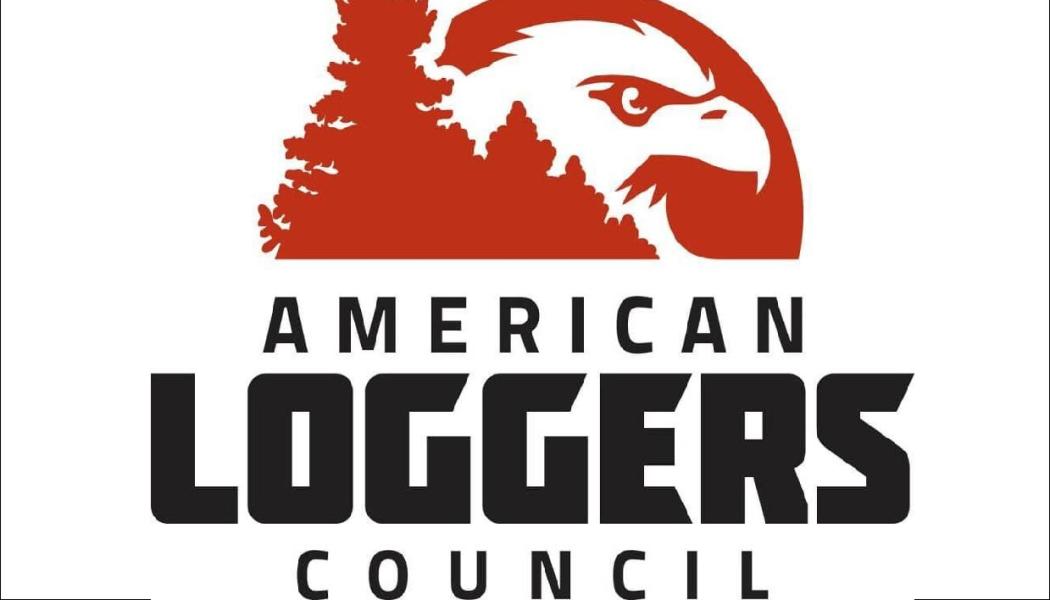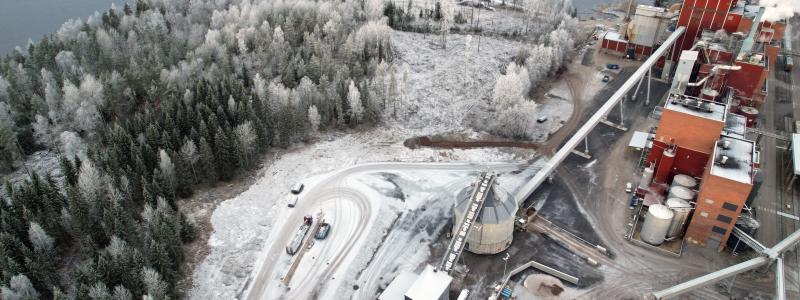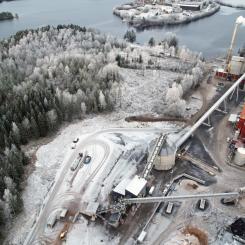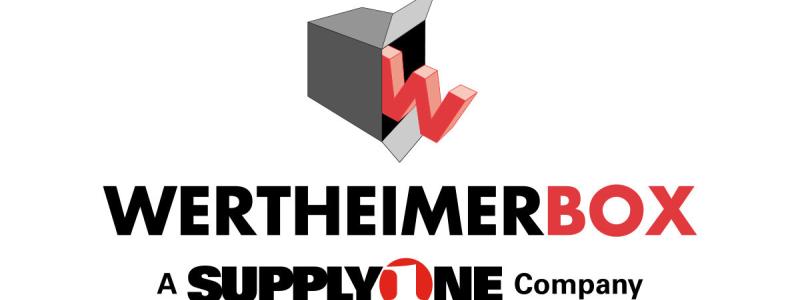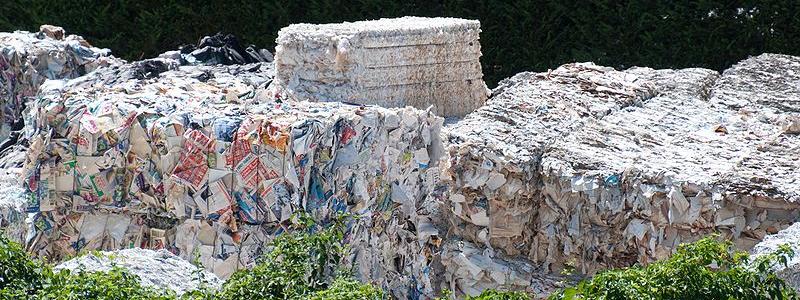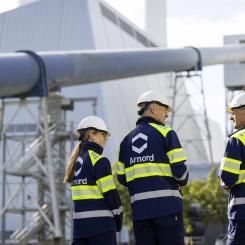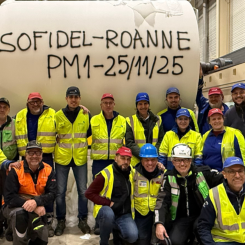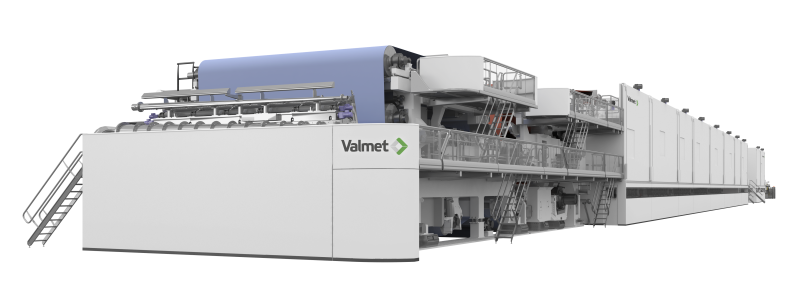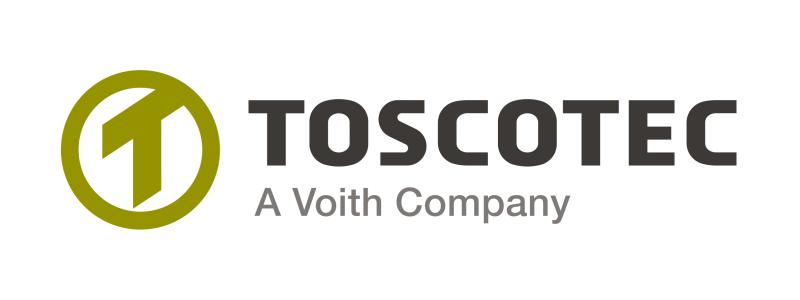New Brunswick Premier Holt announced recently that yet another subsidy package is coming from the Canadian federal government to prop up Canada's massive excess lumber production capacity.
"By pouring on yet more subsidies, Canada is making it perfectly clear that they are looking to circumvent U.S. trade measures, and neutralize President Trump's Section 232 measures, imposed specifically to address Canada's unfair trade in lumber. This cat and mouse game has to stop now," stated Zoltan van Heyningen, Executive Director of the U.S. Lumber Coalition.
"We urge President Trump to increase tariff measures on unfairly traded Canadian lumber until Canada gets the message that subsidies for its industry to the detriment of our industry are not tolerated," added van Heyningen. "This is an issue of survival, prosperity, and growth of U.S. manufacturing, in local communies, and state economies nationwide."
"Canada has a long-established history of unfairly trading lumber, to the direct detriment of U.S. logging and landholding communities," said Scott Dane, Executive Director of the American Loggers Council. "U.S. import duties are helping offset Canada's dumping and subsidization, but Canada's frankly outrageous approach is now to double down and to subsidize its way through the U.S. trade measures. The United States must respond forcefully to ensure Canada is not allowed to decimate our domestic supply lines of American-made lumber."
The Canadian industry maintains a massive level of excess lumber production capacity and ships 60 to 70 percent of its total production into the United States – flooding the U.S. market and suppressing lumber prices below normal market rates.
"Canada should be looking at how to responsibly reduce its massive 6 to 8 billion board feet of excess lumber capacity instead of heaping on subsides designed maintain that excess capacity and production. The time has come for Canadian lumber producers to stop dumping their excess products in the United States. Additional tariff measures by President Trump would send a clear message to Canada and help right size the Canadian industry and allow U.S. producers to produce and grow to their natural size," concluded van Heyningen.
U.S. lumber community voices on the harmful effects of Canadian subsidized and unfairly traded softwood lumber imports: https://uslumbercoalition.org/video/canada-piles-on-more-lumber-subsidies-and-continues-to-harm-u-s-lumber-industry/
About the U.S. Lumber Coalition
The U.S. Lumber Coalition is an alliance of large and small softwood lumber producers from around the country, joined by their employees and woodland owners, working to address Canada's unfair lumber trade practices.
Canadian Subsidy Announcements Since August 2025:
Federal
Reskilling Package: In September 2025, the GOC announced a new reskilling package created to train 50,000 workers to invest in Canadians through the federal government's Labour Market Development Agreements with provinces and territories. The GOC pledged an additional $450 million over the next three years to train employees, including "mid-career, long-tenured workers affected by U.S. tariffs and global market shifts." (https://www.pm.gc.ca/en/news/backgrounders/2025/09/05/prime-minister-carney-launches-new-measures-protect-build-and)
Workforce Alliances and Sectoral Workforce Innovation Fund: In September 2025, the government announced it would invest $382 million over the next five years to "invest in projects tailored to local job markets to help businesses recruit and retain the workforce they need." (https://www.pm.gc.ca/en/news/backgrounders/2025/09/05/prime-minister-carney-launches-new-measures-protect-build-and)
Workforce Innovation Fund: In September 2025, the government announced it would provide $50 million to fund "projects that help businesses in key sectors and regions recruit and retain the workforce they need." (https://www.pm.gc.ca/en/news/backgrounders/2025/09/05/prime-minister-carney-launches-new-measures-protect-build-and)
Strategic Response Fund: In September 2025, the GOC launched this new program to support "economic resilience" for "strategic sectors disproportionately exposed to U.S. tariffs and global trade risks." (https://ised-isde.canada.ca/site/ised/en/programs-and-initiatives/strategic-response-fund)
Immediate Liquidity Relief: In September 2025, the Business Development Bank of Canada announced that it would offer loans of $2 - $5 million for SMEs impacted by tariffs. The Bank will also offer "{f}lexibilities to the Large Enterprise Tariff Loan Facility, including lower interest rates and longer maturities." (https://www.pm.gc.ca/en/news/backgrounders/2025/09/05/prime-minister-carney-launches-new-measures-protect-build-and)
Regional Tariff Response Initiative: This program was created earlier this year in March, and in September 2025, the GOC announced that it would significantly increase allocated funds from $450 million to $1 billion over the next three years to support businesses (particularly SMEs) directly or indirectly impacted by U.S. tariffs. (https://www.pm.gc.kca/en/news/backgrounders/2025/09/05/prime-minister-carney-launches-newk-measures-protect-build-and)
New Buy Canadian Policy: By November 2025, the GOC pledged to prioritize Canadian suppliers in federal spending and have amended its procurement requirements to require all federal agencies and Crown corporations to follow the Buy Canada Policy. The Policy includes Canadian softwood lumber. (https://www.pm.gc.ca/en/news/backgrounders/2025/09/05/prime-minister-carney-launches-new-measures-protect-build-and)


